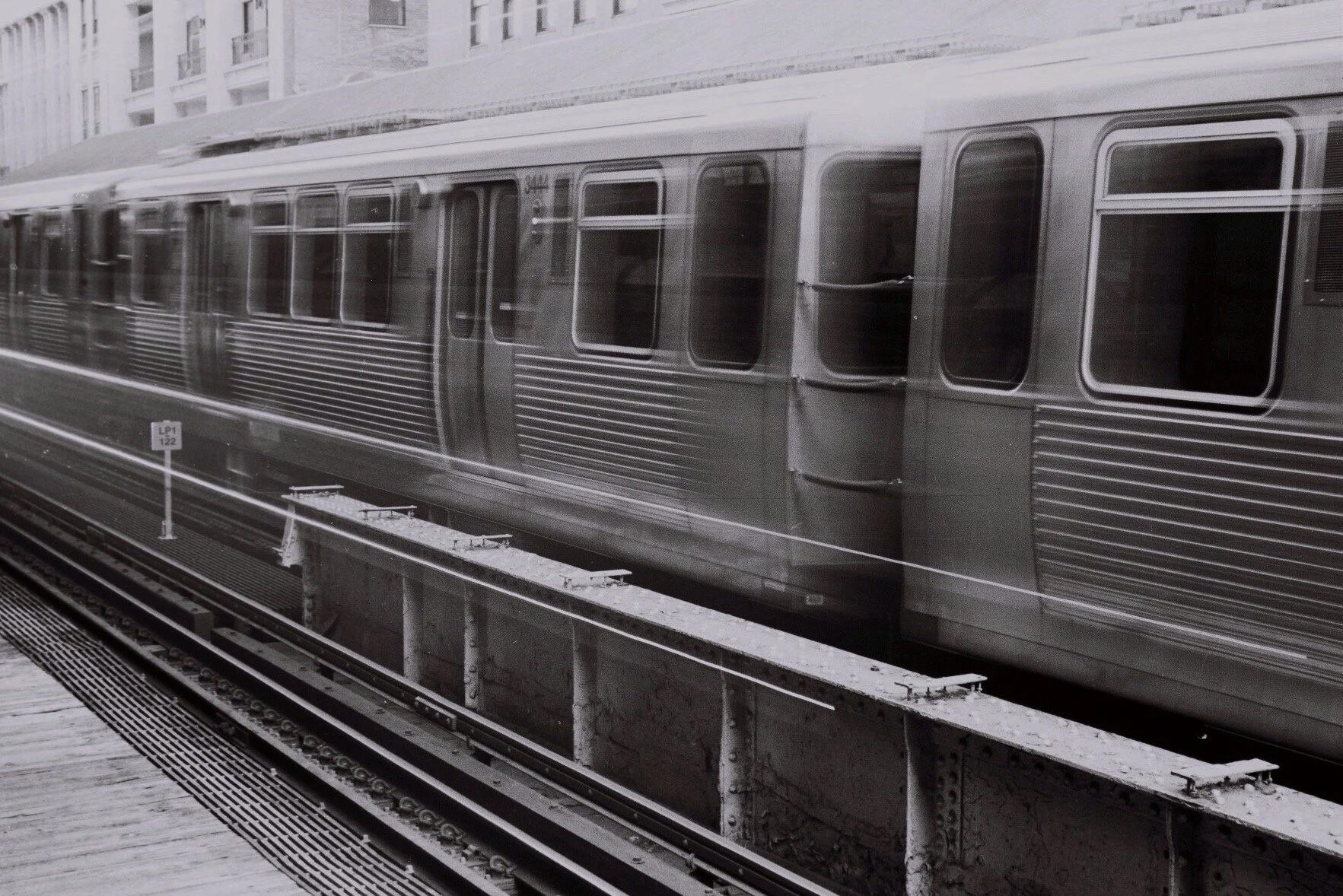Vlog #009: Life, Art and Politics
It’s been a little over a month since I quit smoking entirely, and the difference has been immediate. My anxiety has gone down, my sleep is better than it’s been in years, and I’ve started dreaming again. I didn’t realize how much I missed that until it came back. I also have a lot more energy—enough that I’ve had to relearn what to do with it. Before, I’d smoke a joint to get myself moving or to reward myself afterward. Now I just do things. I clean, I do laundry, I walk, and I don’t have to organize my day around smoking.
Those walks have become a big part of this new routine. I’ll pick up a sweet corn or a ginger shot, maybe a kombucha, and just keep moving. I joke that it’s cheaper than weed, but it’s also grounding. Staying busy and outside has been the easiest way to stay sober. That led me to rethink one of my earlier event ideas—what I used to call the “Sober Pregame.” I’ve renamed it Mental Health Day Party. It fits better. It’s not about preparing for a night out; it’s about creating something social and positive that happens in daylight.
There’s also been a creative breakthrough. This week I released my first album with vocals and lyrics, not just instrumentals or lofi work. It’s called Everyone Deserves Healthcare—a phrase that’s been following me all year. I first printed it on a t-shirt back in May, then shouted it on a dance floor later that month, and it stuck in my head as a lyric. Over the summer, I learned how to make tech house and started recording. By September, that lyric had turned into a song, and eventually into a full album that ties together themes of wellness, reflection, and care.
The message behind it is simple: people shouldn’t be punished for having a body. Access to healthcare—mental and physical—shouldn’t depend on wealth. The way things are now keeps people anxious and angry. I think that anger, combined with a sense of neglect, is part of why we’re seeing more polarization and violence in the country. When people feel abandoned by their government and pushed to desperation, it creates the conditions for radicalization. That’s what we’re seeing—isolated people, untreated, unwell, and angry enough to lash out.
If everyone had access to healthcare, especially mental healthcare, the temperature of the country would go down. People would feel supported, not punished for existing. I’ve said before that community is a form of care, and I believe that. As the year winds down, I’m focusing on ways to build that care from the ground up—through Mental Health Day Party, through Mental Health Dinner Party returning for the holidays, and through music that keeps the message alive.
That feels like the next step: staying sober, staying creative, and helping build a culture where people can connect, find support, and feel seen.
























